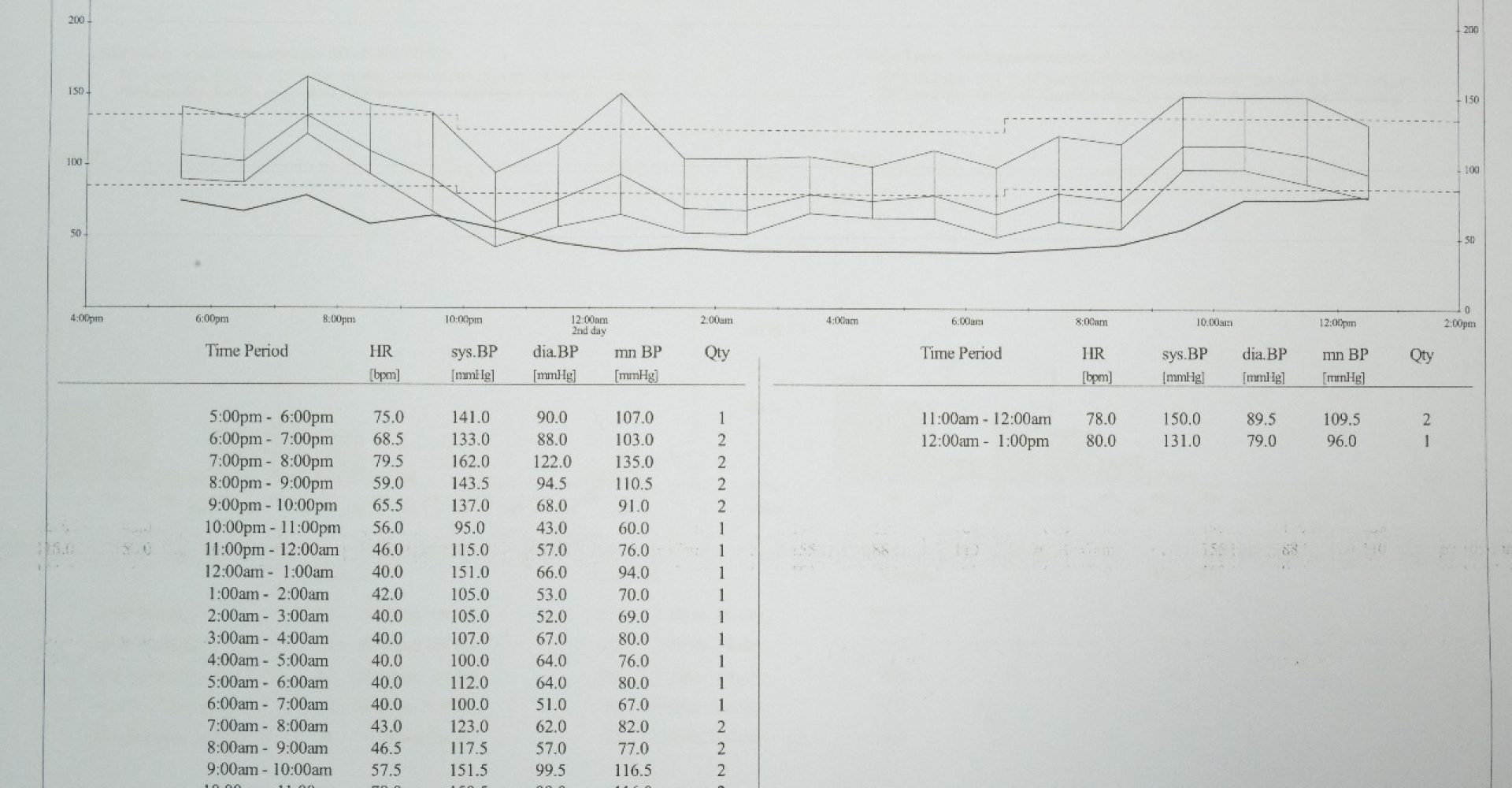
Overview
Hypertension, commonly known as high blood pressure, is a widespread condition affecting millions of people worldwide. It is defined by consistently elevated blood pressure readings and often has no symptoms, earning it the nickname “The Silent Killer.” Untreated hypertension can lead to serious health complications, including strokes, heart attacks, heart failure, kidney disease, and even dementia.
Blood pressure is the force of blood against the walls of the arteries as the heart pumps it throughout the body. When this pressure is consistently too high, it can damage the arteries and organs. Hypertension can be classified into two types:
- Primary (Essential) Hypertension: This is the most common form of hypertension, accounting for over 90% of cases. It has no identifiable cause and is usually influenced by genetic and lifestyle factors.
- Secondary Hypertension: This type is caused by an underlying medical condition, such as kidney disease, hormonal imbalances (like thyroid disorders), sleep apnea, or narrowing of the arteries.
Risks
Several factors increase the risk of developing high blood pressure, including:
- Age: The risk of hypertension increases as you age.
- Family History: A family history of hypertension can significantly raise your risk.
- Lifestyle Factors: Obesity, a high-salt diet, lack of physical activity, excessive alcohol consumption, smoking, and chronic stress all contribute to elevated blood pressure.
- Medical Conditions: Conditions such as diabetes, kidney disease, hormonal disorders, and sleep apnea can contribute to the development of hypertension.
Symptoms
Hypertension often does not produce noticeable symptoms in its early stages, making regular blood pressure checks crucial. However, in some individuals, symptoms may include:
- Severe headaches
- Dizziness or lightheadedness
- Shortness of breath
- Chest pain
- Irregular heartbeat
- Vision changes
Even without symptoms, hypertension can have serious long-term effects, including:
- Heart Attack
- Stroke
- Heart Failure
- Kidney Disease
- Vision Problems
- Dementia
- Sexual Impotence
Diagnosis and Treatment
Diagnosing hypertension requires regular blood pressure monitoring. If your blood pressure is consistently high, it’s important to take steps to manage it to reduce the risk of complications.
Lifestyle Modifications
- Weight Management: Losing weight can significantly lower blood pressure, making it the most effective lifestyle measure.
- Dietary Changes: Reducing sodium intake, increasing potassium intake, and following a healthy diet.
- Exercise: Aim for 30-40 minutes of moderate-intensity exercise most days of the week.
- Limiting Alcohol and Caffeine: Excessive consumption of alcohol and caffeine can raise blood pressure.
- Smoking Cessation: Quitting smoking is essential to reduce hypertension risk and prevent complications.
Medications
When lifestyle changes alone aren’t enough, medications are often required to control blood pressure. There are several classes of antihypertensive drugs, each with a unique mechanism of action. These medications not only lower the numbers and decrease the symptoms, but they also reduce the complications.
Effective management of hypertension is crucial for preventing serious complications such as heart disease, stroke, and kidney failure. Early identification and treatment can significantly reduce these risks. Dr. Fady Turquieh, with 25 years of experience, offers personalized treatment plans for managing hypertension and improving overall cardiovascular health.
Dr. Fady Turquieh’s advanced hypertension treatment program includes:
- Comprehensive Evaluation: A thorough assessment to determine the underlying causes of high blood pressure, including medical history, physical examination, and diagnostic tests.
- Lifestyle Modifications: Providing guidance on dietary changes (such as adopting the DASH diet), increasing physical activity, weight management, and stress reduction techniques.
- Personalized Medication Plan: Prescribing the most appropriate antihypertensive medications based on the patient’s specific profile. These include angiotensin converting enzyme inhibitors (ACE), angiotensin receptor blockers (ARB), calcium channel ablockers (CCB), and beta blockers.
Ongoing Monitoring and Support: Regular monitoring of blood pressure through in-office visits, Blood Pressure Holter Monitoring, and home monitoring devices. Continuous support and adjustments to the treatment plan are essential for optimal management.
